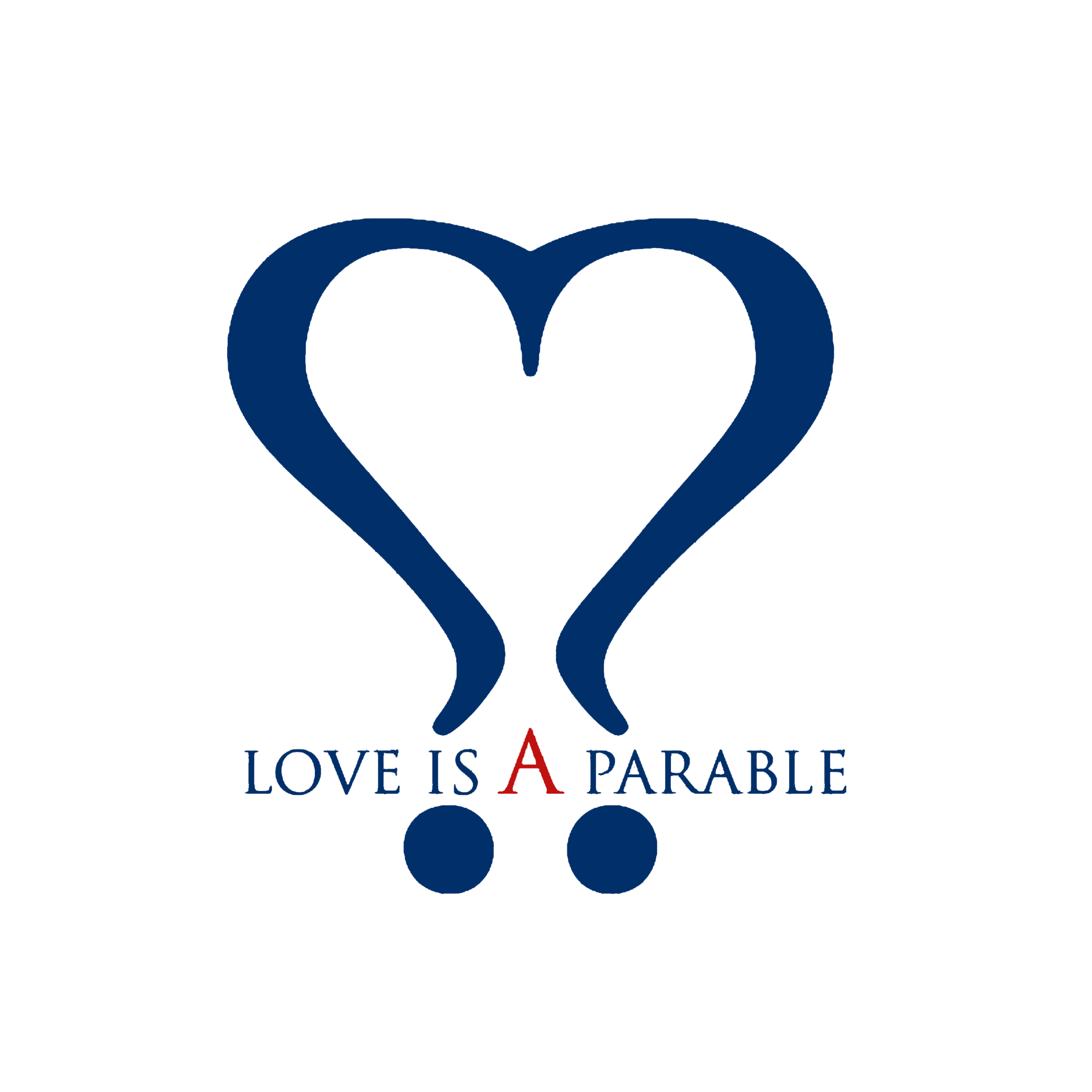JTP, A Soldier's Play, & A Personal Reflection
“Any man don’t know where he belongs, got to be in a lot of pain.”
C.J. Memphis, A Soldier’s Play
I find it interesting that the time period of the play (1943-1944) and when it was written (1981) are equally relevant in today’s social climate. However, I don’t know if I am more intrigued as to why or disappointed at the stagnation of race relations and social identity in America. In the U.S., we’ve progressed in many areas, yet race relations still seem to be a taboo subject. This is why I appreciate pieces like A Soldier’s Play. It forces us to reflect and discuss the impact of racism, while acknowledging it as the catalyst for classism and colorism. It vividly explains why we, people of color, “just can’t get over it.” As we travel on this journey called life, identity and self-discovery are the rare jewels that are most precious. See, the truth is, many leave this world not really knowing who they are or being fully comfortable with themselves.
Out of all the characters in the play, Sergeant Waters is the one that I grieved for and related to the most. Ironically, he represents the hidden truth and burdened-stain that hangs in the shadows of Black America. Unfortunately, many of us identify success with a person versus a state of being. Many believe that success is directly related more so to external factors than internal ones; which becomes a breeding ground for self-hate and identity crisis. I could go down the path of systemic and institutional “isms” that keep many of us segregated in word, thought, practice, and idea but I would like the focus to remain of the importance of loving and appreciating self.
While performing this piece, I was most fascinated by my castmates and their ability to bring to life these characters in such a way that I was able to be fully present in a World War II era. Through this talented group of men, I was able to understand the pain and hurt of the past and how it has shaped the modern paradigm of identity and self-worth amongst people of color. I don’t think any of this would have been possible had we not formed a true and genuine bond behind the stage. I’ve learned a long time ago, you can’t fake chemistry. So, the playful bantering, the mini New Edition concerts, the childhood stories, and worship experiences all meant something, while serving a purpose towards a powerful delivery. Let’s face it, we created magic on that stage.
I would be remiss if I didn’t acknowledge the hand that Vincent Drayton, Jamal Farrar, Loretta Vinson, Celeste Hinnant, and Joy Bryant played in me meeting this extraordinary pool of talent. You shoved me out of my comfort zone and allowed me to partake in a memorable experience with the Justice Theater Project. I leave with new extensions to my village and deeper appreciation of who I am. Moving forward, my desire is to continue to promote love and challenging others to live a pain-free life. I believe C.J. Memphis said it best: “Any man don’t know where he belongs, got to be in a lot of pain.

